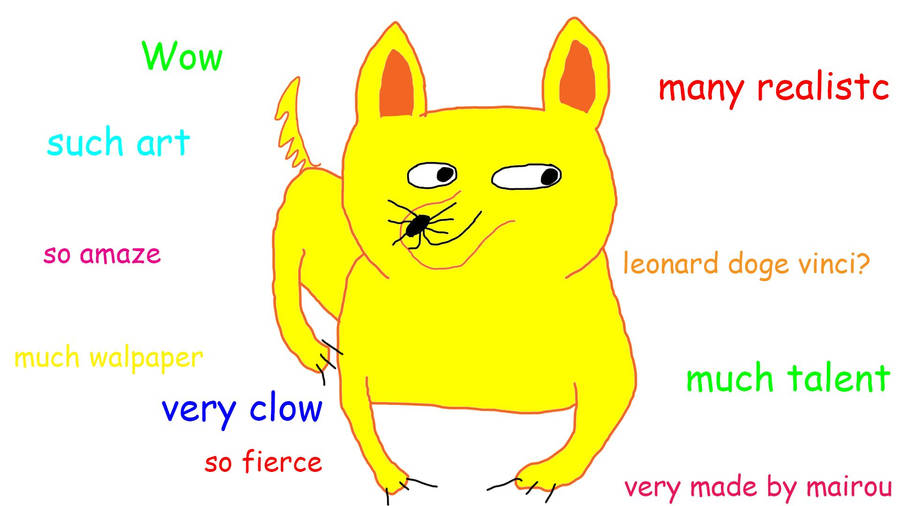Spring-Loaded
Member
A while back, I used the term "save-scum," referring to the practice of saving (in a game with a "save anywhere" functionality), reloading the save and repeating as needed to avoid failure in a game. The person I was talking with took offense at the term, perceiving it as elitist, and as if the people who employ that practice were "scum." What the fuck.
You see people bristle at certain terms and lingo in the game industry. Character action. Ludonarrative dissonance. Player agency, etc. What is it about those terms and others that offends some people? Without shorthand/common terms, discussion (on, say, a video game forum) gets bogged down with people literally spelling out what each term means rather than relying on a relatively collective understanding of video games. It's like using DPS rather than damage per secondat some point, enough people knew what they stood for that it didn't need to be spelled out every time.
Possibly a broad question, but there has to be some common ground. There are least needs to be a specific reason for each term and for each person who hates it. All too often,people don't say why, and you rarely see any succinct alternatives given, if ever. What do those people want?
You see people bristle at certain terms and lingo in the game industry. Character action. Ludonarrative dissonance. Player agency, etc. What is it about those terms and others that offends some people? Without shorthand/common terms, discussion (on, say, a video game forum) gets bogged down with people literally spelling out what each term means rather than relying on a relatively collective understanding of video games. It's like using DPS rather than damage per secondat some point, enough people knew what they stood for that it didn't need to be spelled out every time.
Possibly a broad question, but there has to be some common ground. There are least needs to be a specific reason for each term and for each person who hates it. All too often,people don't say why, and you rarely see any succinct alternatives given, if ever. What do those people want?

